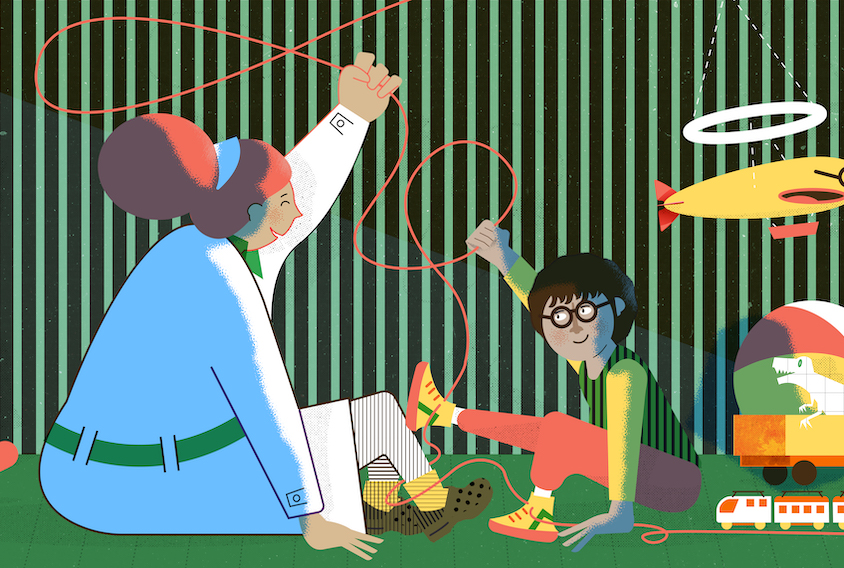Casey Zampella is a scientist at the Center for Autism Research at Children’s Hospital of Philadelphia in Pennsylvania. Her research focuses on quantifying movement differences in autism and their effects on social communication and reciprocity.

Casey Zampella
Scientist
Center for Autism Research, Children’s Hospital of Philadelphia
From this contributor
Motor skills in autism: A missed opportunity
Motor differences are more relevant than has historically been appreciated for understanding, assessing and supporting people on the spectrum.

Motor skills in autism: A missed opportunity
Explore more from The Transmitter
Xiao-Jing Wang outlines the future of theoretical neuroscience
Wang discusses why he decided the time was right for a new theoretical neuroscience textbook and how bifurcation is a key missing concept in neuroscience explanations.
Xiao-Jing Wang outlines the future of theoretical neuroscience
Wang discusses why he decided the time was right for a new theoretical neuroscience textbook and how bifurcation is a key missing concept in neuroscience explanations.
Memory study sparks debate over statistical methods
Critics of a 2024 Nature paper suggest the authors failed to address the risk of false-positive findings. The authors argue more rigorous methods can result in missed leads.

Memory study sparks debate over statistical methods
Critics of a 2024 Nature paper suggest the authors failed to address the risk of false-positive findings. The authors argue more rigorous methods can result in missed leads.
Attention not necessary for visual awareness, large study suggests
People can perceive some visual information even if they do not pay direct attention to it.

Attention not necessary for visual awareness, large study suggests
People can perceive some visual information even if they do not pay direct attention to it.